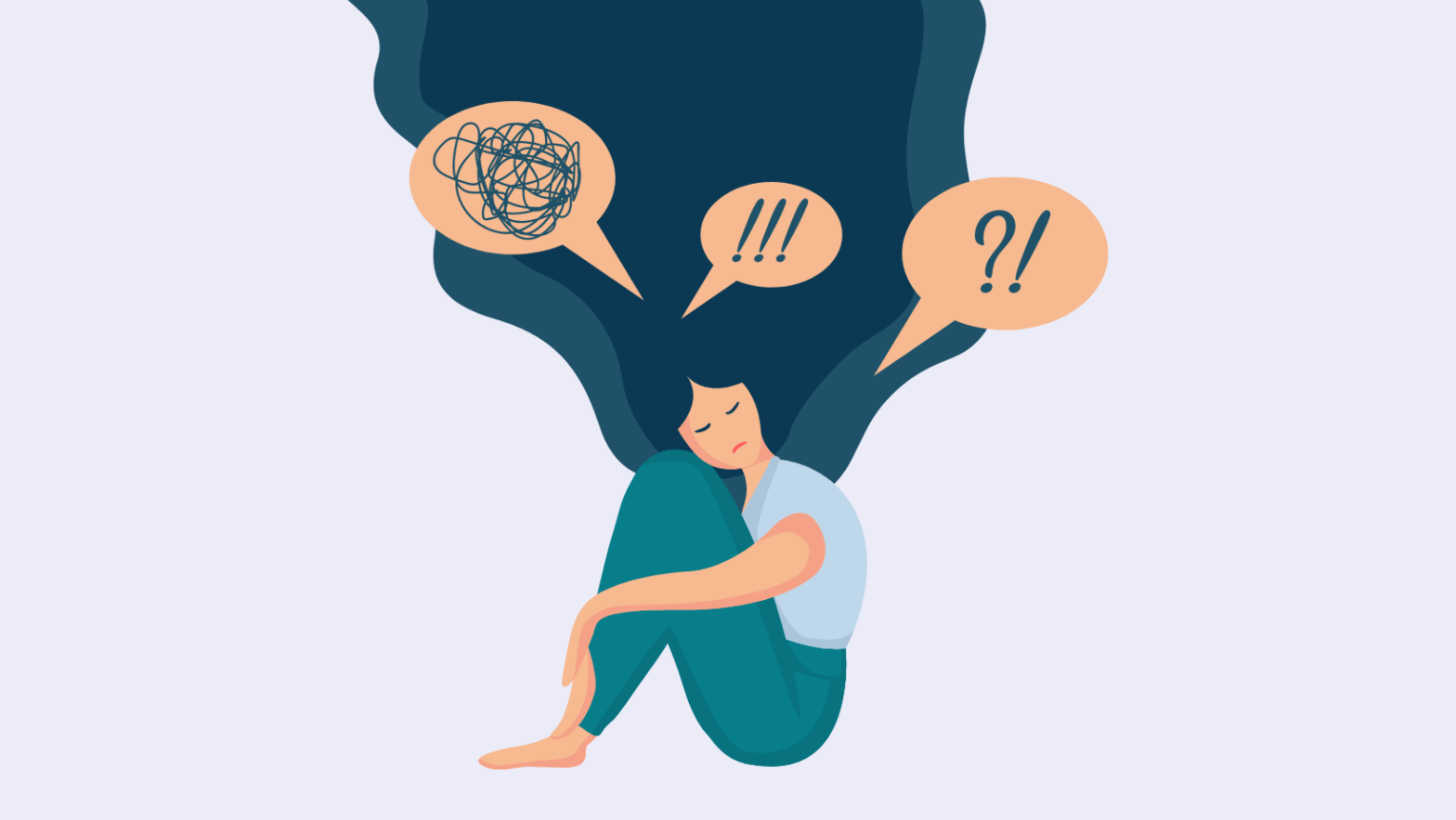- Learn what PTSD is, its symptoms, and how to manage and treat it.
- How it affects veterans and possible treatments
Far too many veterans struggle with PTSD (Post-Traumatic Stress Disorder). In fact, a striking 30% of Vietnam vets developed PTSD. People who’ve witnessed or experienced a life-threatening or traumatic event like military combat, shootings, violence or rape can have PTSD. Read on to find out more.
Causes
PTSD develops following a traumatic event. This can include combat stress, severe trauma, or situations posing a threat to one’s life.
When confronted with a stressful event, the body immediately mobilizes to combat the threat. The fight-or-flight response is triggered, preparing individuals to defend themselves or flee from danger. It results in a cascade of physiological effects, including increased heart rate, rapid breathing, pupil dilation, and muscle tension.
Once the threat has passed, the relaxation response assists the body in reestablishing equilibrium. Individuals who have PTSD, on the other hand, are unable to exit the state of heightened awareness and readiness fully.
Symptoms Of PTSD in Veterans
Avoidance: A lot of people try to avoid things that make them think of the event. Veterans, for example, might not want to go to crowded places or places that are too loud or stressful. Some veterans don’t even want to talk about what happened to them.
Hypervigilance: Veterans who are hyper-aroused will constantly be on guard and frequently feel uneasy in unfamiliar situations. Say, for instance, they’ll constantly be on the lookout for danger or feel the need to always be near an exit.
Many people find this hard to deal with, and it can be hard to focus or enjoy simple things like having dinner with your family. Veterans who exhibit symptoms of PTSD may also have difficulty sleeping or relaxing, be prone to anger or irritability, startle easily, act recklessly, or attempt to self-medicate with drugs or alcohol.
Negative Emotions or Mood That Doesn’t Go Away: Veterans who have post-traumatic stress disorder (PTSD) are often plagued by recurring negative thoughts and feelings. Veterans may also have difficulty building trust, feel guilty, ashamed, or remorseful, or lose interest in previously pleasurable activities.
Replaying the event repeatedly: It doesn’t matter whether the person is awake or asleep; a trigger can bring painful memories flooding back to the surface, making the sufferer feel as though they’re reliving the event.
Risk Factors
Different factors have been shown to increase the risk of post-traumatic stress disorder (PTSD) in the veteran population, including (in some studies) being a younger age at the time of the trauma, being a member of a racial minority, having a lower socioeconomic status, having a lower military rank, having lower education, having a higher number of deployments and for a longer period, having prior psychological problems, and having a lack of social support from family members, friends, and the community.
Just being female also increases the risk of PTSD. A woman who has been sexually assaulted in the military or the civilian world may be more likely to have post-traumatic stress disorder. There are many possible reasons for these findings. The VA uses the term “military sexual trauma” (MST) to describe sexual assault or threats of sexual harassment that happened while the person was in the military. According to one study, between 2002 and 2003, about 22% of female veterans who were screened reported having MST.
Available Treatments
For veterans with PTSD, here are the treatments that can curtail and manage symptoms of PTSD:
- Cognitive Processing Therapy (CPT) is a therapy that involves understanding how trauma alters thoughts and feelings. Changing your perspective on the trauma can have an impact on your feelings.
- Prolonged Exposure (PE) is an effective method that involves talking about the trauma repeatedly until the memories are no longer upsetting. This will help support gaining more control over thoughts and feelings regarding the trauma.
- EMDR (Eye Movement Desensitization and Reprocessing) involves focusing on sounds or hand movements while discussing the trauma. This enables the brain’s processing of traumatic memories.
- Certain medications are effective in treating PTSD symptoms. Some SSRIs (selective serotonin reuptake inhibitors) and SNRIs (serotonin-norepinephrine reuptake inhibitors) used to treat depression are also effective for PTSD. Sertraline, paroxetine, fluoxetine, and venlafaxine are examples.
Veteran PTSD prevalence varies depending on the period in which they served:
- Between 11% and 20% of veterans who served in Operation Iraqi Freedom (OIF) or Operation Enduring Freedom (OEF) have PTSD each year.
- PTSD affects about 12 Gulf War (Desert Storm) veterans out of every 100 each year.
- The National Vietnam Veterans Readjustment Study in the late 1980s found that about 15% of Vietnam Veterans had been diagnosed with PTSD at the time of the study (NVVRS). Veterans of the Vietnam War are estimated to have suffered from post-traumatic stress disorder (PTSD) at least 30 times in their lives.
Alternative Approaches
As an alternative to conventional treatments, veterans with post-traumatic stress disorder (PTSD) may benefit from mindfulness-based cognitive therapy, acceptance and commitment therapy (ACT), transcendental meditation, yoga, mixed martial arts, horticulture therapy, and equine therapy, according to Everyday Health.
Final Thoughts
War can have a long-lasting impact on the lives of those involved. People who serve in the military, especially during times of conflict, may be at greater risk of developing post-traumatic stress disorder (PTSD). A soldier’s loved ones may also be under a lot of strain. Many resources are available to help military personnel and their families cope with stress.
We hope you enjoyed this blog post and found it useful and informative. To read more similar content, stay tuned for our upcoming blogs! We post every Monday, Wednesday, and Friday!
